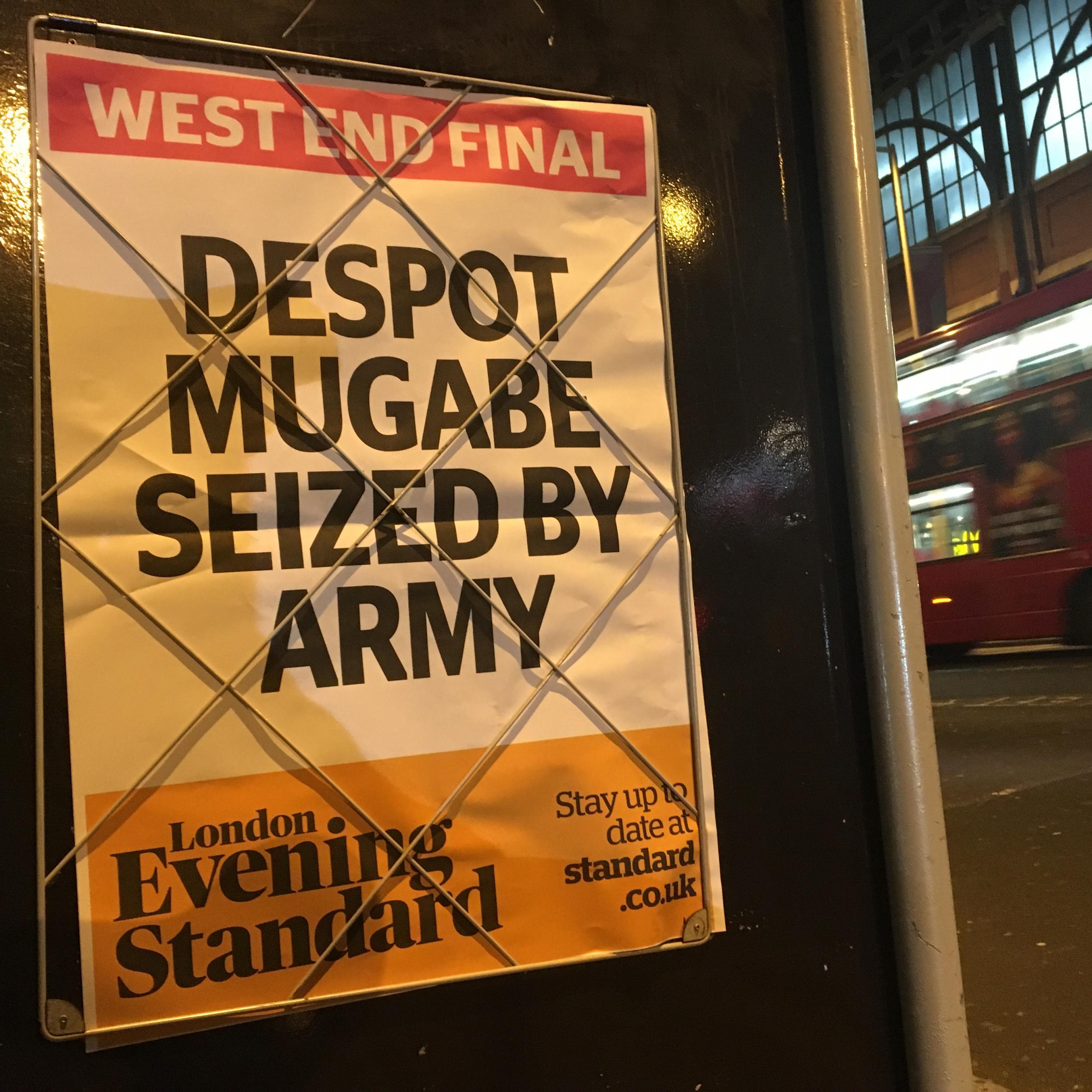Why now's the time to plan a Zimbabwe holiday
The Man Who Pays His Way: ‘The mighty river wasn’t renamed the Zombezi, but it may as well have been as Zimbabwe’s tourist industry joined the walking dead’

Becoming a billionaire can be a matter of being in the right place at the right time. Just choose a country where the economy is imploding, where freshly minted banknotes carry an implausible number of zeroes and start losing their value even before the ink is dry.
Nicaragua in 1991 was a good place and time to feel absurdly rich. Just 40 pence bought one million cordobas, so a backpacker arriving with £400 instantly became a local billionaire.
Two years later, as Yugoslavia shrank to a Serbian rump, its currency devalued so spectacularly that the authorities issued 500 billion-dinar banknotes. These bills are now sold by souvenir vendors in Belgrade for several times their original hard-currency value.
While the beleaguered Nicaraguans and Serbs watched their savings erode, Zimbabwe seemed to be the success story of Southern Africa. The transition from white rule to democracy opened up the country to travellers. It offered natural adventure, national parks and impressive heritage – notably the ancient city of Great Zimbabwe, from which the nation takes its name. And it had the most spectacular bungee-jumping location in the world, from a bridge overlooking the Victoria Falls at the point where Zimbabwe, Zambia and the Zambezi converged.
Almost every liberated citizen of this beautiful country, black or white, offered a friendly welcome. Tourists flew in on British Airways from London, Air Zimbabwe from Frankfurt and Qantas from Perth to enjoy the close-up thrills of wildlife in Hwange and the nose-down spills of rafting the Zambezi.
Walking over the bridge through the magical mists of the Victoria Falls took you into the forlorn nation of Zambia. The former Northern Rhodesia had fared far worse since independence than the old Southern Rhodesia.
That relationship has long reversed. White racists had been replaced by a black despot. As Robert Mugabe, freedom-fighter-turned-tyrant, laid waste to his nation, Zimbabwe suffered some of the worst hyperinflation in history. The Reserve Bank issued notes worth Z$100 trillion. The value of Zimbabwean banknotes melted away by the minute.
The mighty river wasn’t renamed the Zombezi, but it may as well have been as Zimbabwe’s tourist industry joined the walking dead. Travellers appalled by Mugabe’s corrupt regime stayed away. Many local tourism professionals left their homeland to power the impressive growth of industry elsewhere in Africa.
Paul Goldstein, the wildlife photographer and African tourism expert, says: “Mugabe and his cronies and butchers are responsible for turning this once-breadbasket into an economic catastrophe.
“Corruption and greed have left an indelible mark. The people of Zimbabwe deserve so much better.”
After Mugabe stole victory in the 2008 election, the outcry was so intense that the MDC opposition was allowed some modest power-sharing with the ruling ZANU-PF regime. The following year, the Zimbabwean currency was abandoned in favour of the American dollar in 2009.
Overland trucks started to return, and Victoria Falls began to rebuild as a hub for adventure. But Zimbabwe’s tourist economy remains shockingly short of its potential. Much of the national infrastructure is shot and the national airline is a joke.
As some other African countries tragically demonstrate, there is always a risk that an even worse dictator will seize control. But for now, let’s be optimistic. In post-Mugabe Zimbabwe, as with Nicaragua and former Yugoslavia after bloody civil wars, tourism is part of the solution to improve the lives of the long-suffering population. Visitors bring in cash and create jobs, quickly.
Many travellers are understandably reluctant to be early witnesses in a location where a human tragedy has unfolded. But the first of a million visitors to return can feel good about pumping money into a nation desperately in need of friends and funds, and will also get the best of the country ahead of mass tourism.
If you have no travel plans yet for the festive season, I promise that an excellent place to wake up on Christmas Day is Christmas Pass in eastern Zimbabwe, en route to a national park or conservancy on the western bank of the Save River.
In Zimbabwe, the potential rewards for both host and visitor are vast.
Subscribe to Independent Premium to bookmark this article
Want to bookmark your favourite articles and stories to read or reference later? Start your Independent Premium subscription today.

Join our commenting forum
Join thought-provoking conversations, follow other Independent readers and see their replies